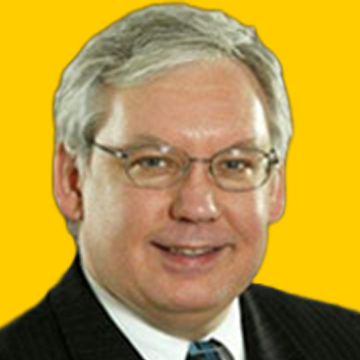
One effect of the pandemic was to clearly expose the so called digital divide — there is a massive gap in availability to the internet. As a result, legislators passed new funding in the American Rescue Plan to make affordable access a reality for underserved areas. This one time funding infusion of investment has led many local governments to consider where to invest, from city provided WiFi to fiber optic infrastructure.
Holland, Michigan, developed a plan to use the funds to develop a new network. Their proposed project could cost up to $24 million to complete. In order to pay for it, an additional millage would be required of property owners in the area. But they are selling the hope of using American Rescue Plan Act funding and additional grants to influence public opinion.
In other words, Holland would use American Rescue Plan Act funds to offset the cost of the project. As a result, the Holland Board of Public Works announced a major initiative during a city council meeting to utilize those funds to add a WiFi and give high-speed internet to everyone in the city.
Expert Analysis on City Provided WiFi from ISEG
WZZM, the ABC affiliate station serving Michigan, including Grand Rapids and Holland, needed an economics expert who could explain the situation. As a result, they turned to the experts at the Institute for the Study of Economic Growth (ISEG). On March 16, 2022, reporter Keely Lovern interviewed Dr. Ted Bolema, Executive Director of ISEG, on air for a WZZM News report. Dr. Bolema help their audience understand the unique complexities contributing to the current situation.
Dr. Bolema explained why in general the approach wasn’t a good idea. He also explained to Lovern why the use of stimulus dollars was even more problematic in this case.
By it being a millage, that means that everyone is going to be paying the millage but not everyone is going to be taking advantage of the service.
Also, American Rescue Plan stimulus money wasn’t really supposed to be used for broadband providers, but instead go to underserved areas, and Holland is not. If it is to be directed at providing internet service, it should be targeted at areas that don’t have internet services or underserved areas.

Check out Dr. Bolema’s remarks at WZZM ABC 13.



